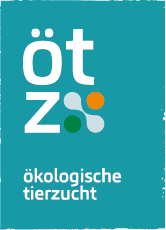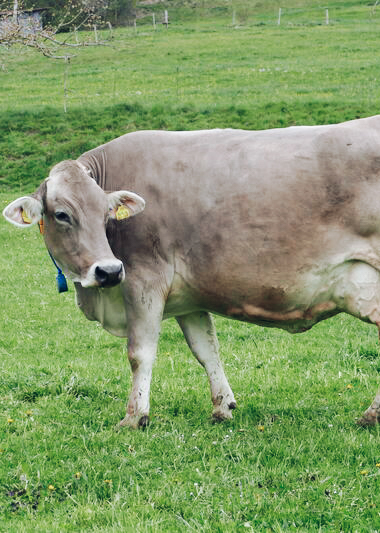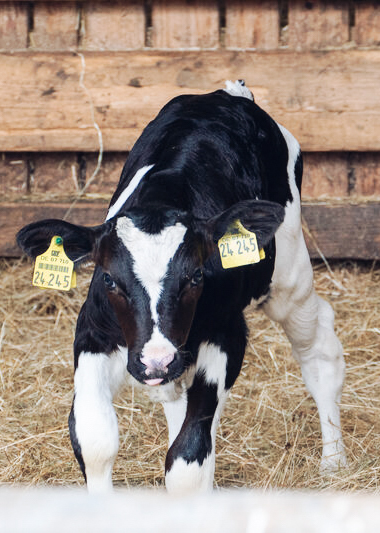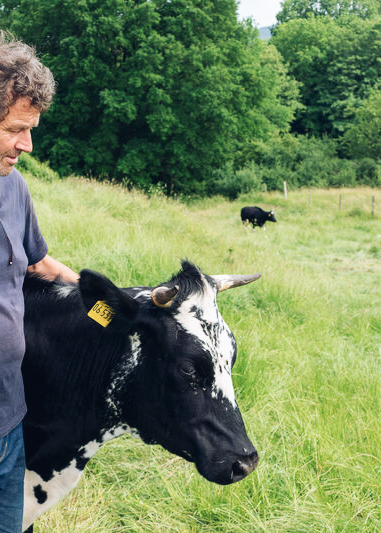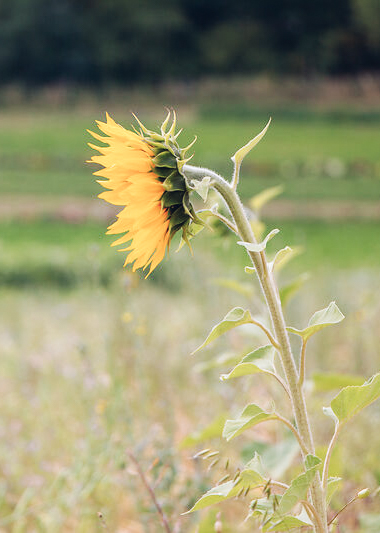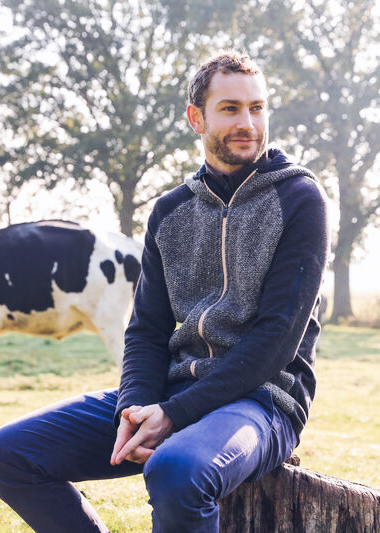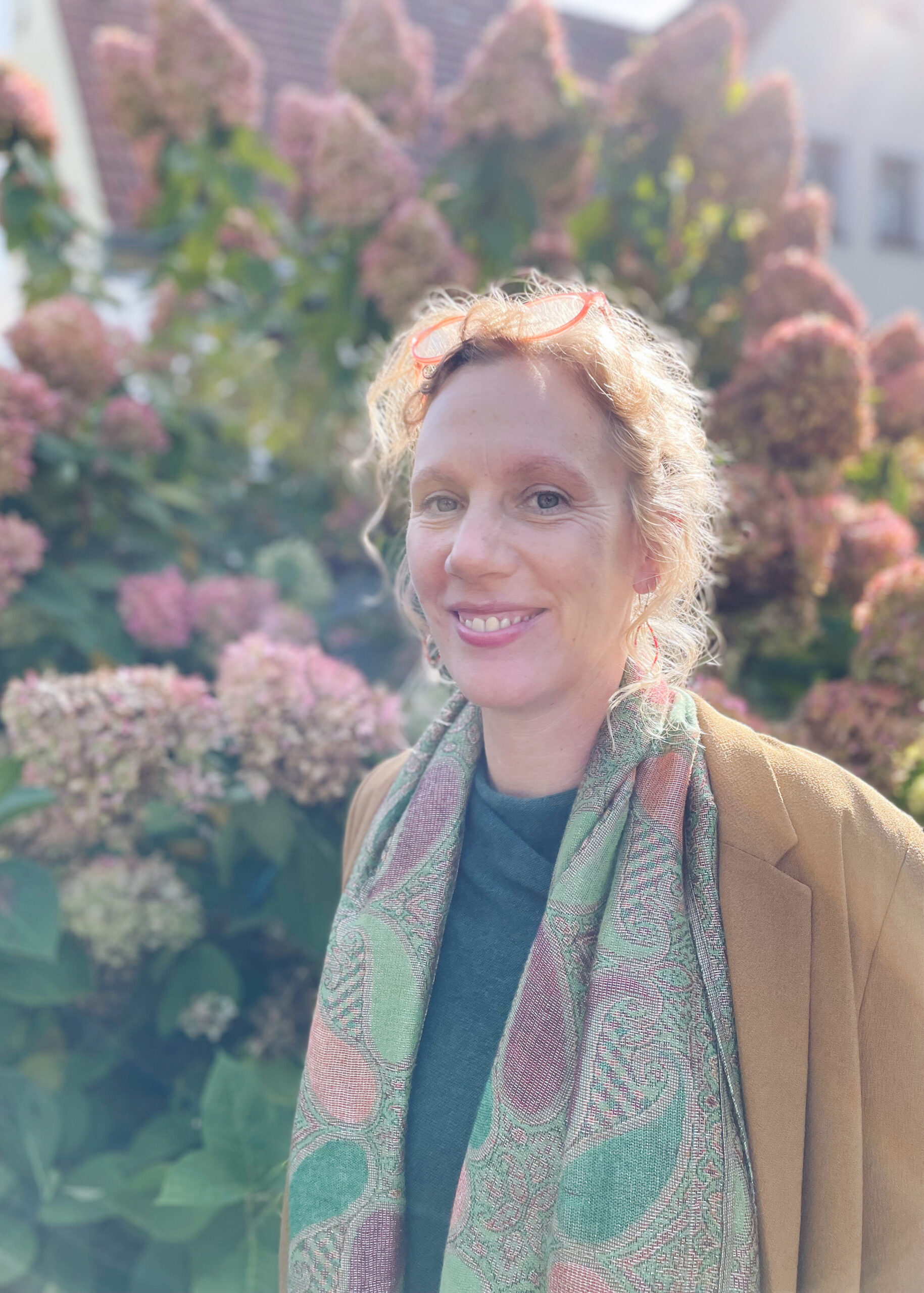The challenges
OUR Tasks
ÖTZ accepts the challenge of tackling the diverse practical and technical issues of cattle breeding. Our goal: to create sustainable structures for organic farmers.
The focus here is on practice-oriented services such as bull recommendations and the further development of overall ecological breeding values (RZÖkoRZÖko stands for Organic Relative Breeding Value in the Holstein-Schwarzbunt and Holstein-Rotbunt breeds. The RZÖko is an overall breeding value that weights the individual traits it contains (e.g. longevity or body condition) and trait complexes (e.g. the complex of health traits in the RZGesund) in the sense of an ecological breeding goal. It thus serves both breeding organizations and practical breeders as a direct selection tool for the systematic realization of an ecological breeding goal. It is comparable to the ÖZW in the Fleckvieh and Braunvieh breeds. ).
We are developing a mission statement that does justice to the diversity of organic cattle breeding - supported by an advisory board of practitioners, consultants and scientists.
